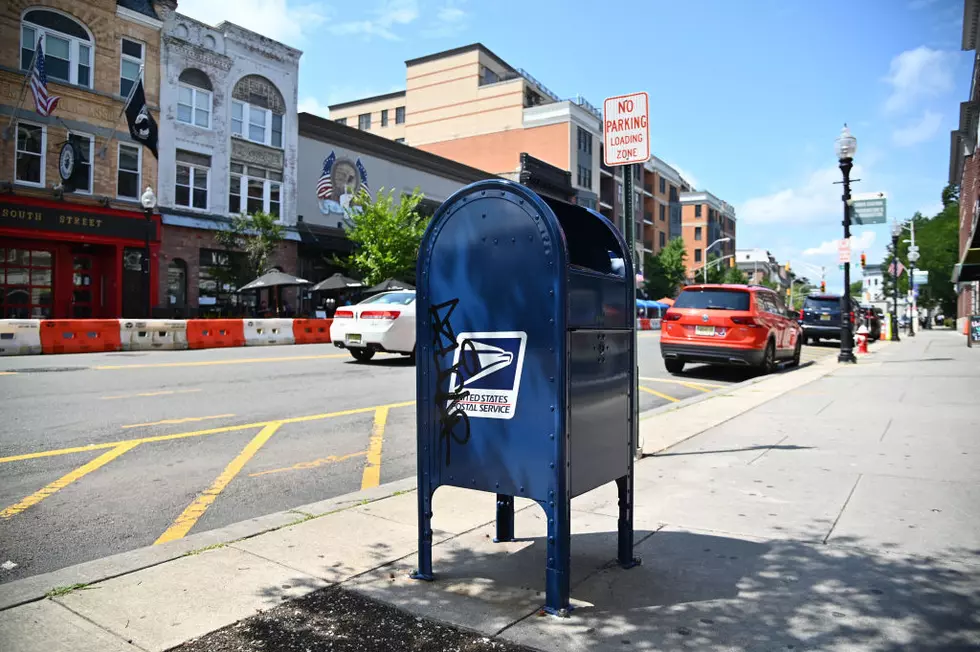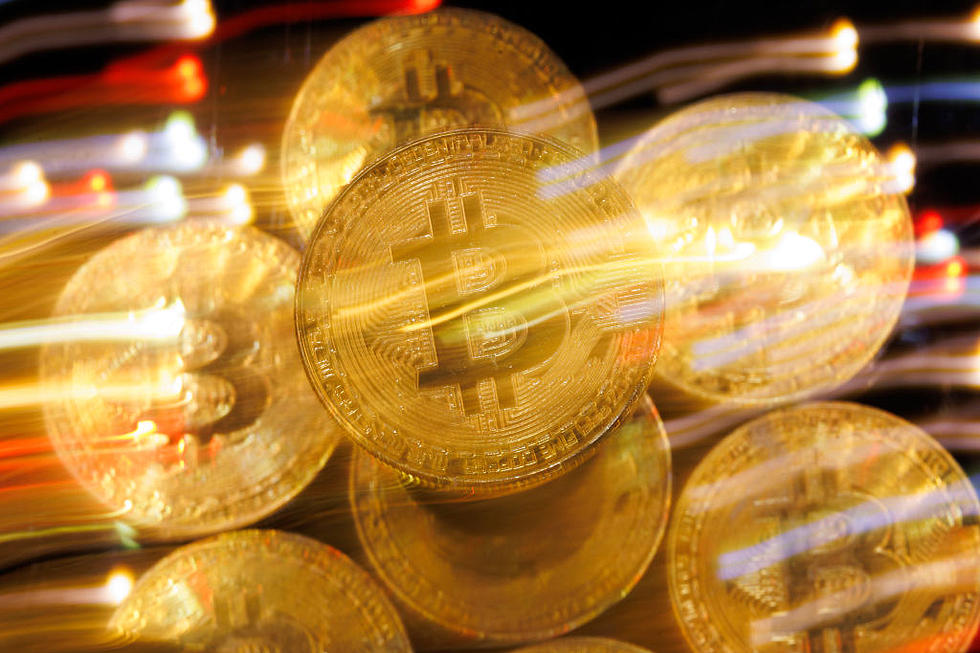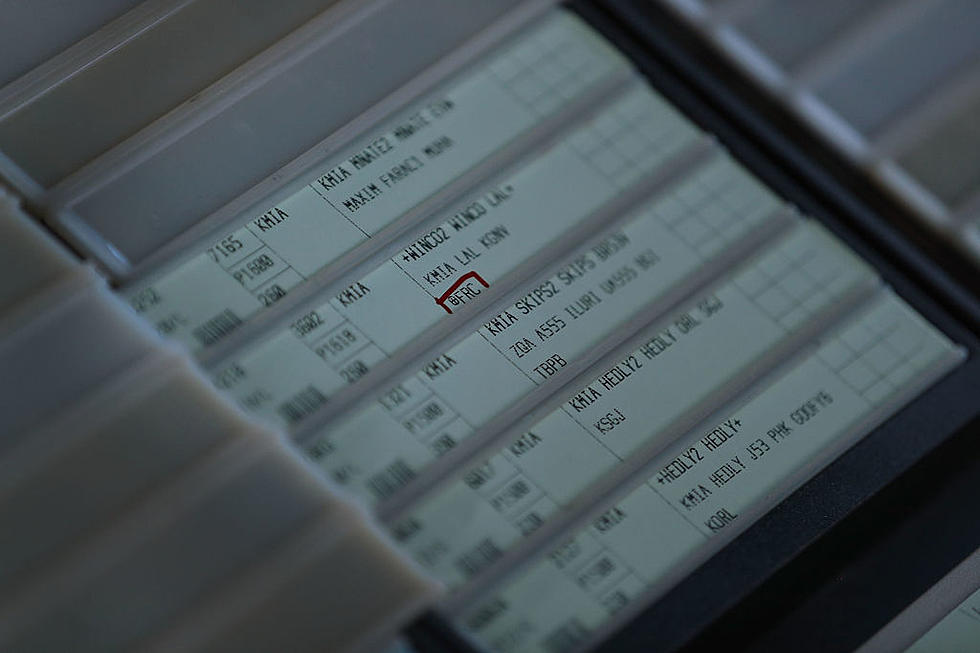
$2 Billion in Counterfeit Goods Were Sold Online in December
Is that gift you got online the real deal or a knock-off? A new report issued by the Consumer Fraud Center shows some $2 billion worth of bogus products were sold online this holiday season, reportedly through the Amazon Marketplace mostly. The Center says online scammers have become sophisticated and often utilize public Internet marketplaces to cheat consumers.
Amazon Marketplace was tagged by the CFC as having the most issues. Amazon allows independent distributors to utilize its sales, warehousing and distribution systems. These fraudulent companies look and seem legitimate, and their products show up in Amazon boxes. But they are not the real thing.
The CFC says one company making hair-curling and manicure products was the victim of hundreds of counterfeit products. The company was hit with several hundred complaints about the products and found these consumers had purchased knock-off versions not covered by the company warranty.
Part of the confusion stems from consumers not being able to tell the difference between a legitimate manufacturer or retailer, and a re-seller (often fraudulent).
The Consumer Fraud Center has compiled a list of safety checkpoints for consumers when buying ANY online purchases:
- Beware of excessive discounts. If the site you are visiting offers a product for more than 20 to 30 percent off the normal retail price, it could be a scam.
- Do comparison shopping at a number of websites. Compare prices for the product you're looking for. If one or more sites offer a much bigger discount than most of the others, it's probably a knock-off company.
- Read the purchase confirmation email carefully. Your confirmation should come directly from the company you bought from. If the sales confirmation comes from Google, Gmail, Hotmail, Yahoo or other service, it's probably a scammer.
- Check the website you are shopping and the confirmation emails for spelling. Grammatical errors and misspellings are often signs of scammers. It usually results from incorrect translations from Chinese to English. The CFC says most large-scale cyber purchasing scams originate in China.
- Once the product arrives, check to see if it has a serial number, and contact the legitimate manufacturer. Bogus manufacturers rarely bother to put unique serial numbers on each product.
More From 870 AM KFLD






![The Grinch Won’t Steal Christmas, At Least Not in Oregon [VIDEO]](http://townsquare.media/site/136/files/2023/12/attachment-grinch-caught-by-morrow-county-MCSO-2.jpg?w=980&q=75)


